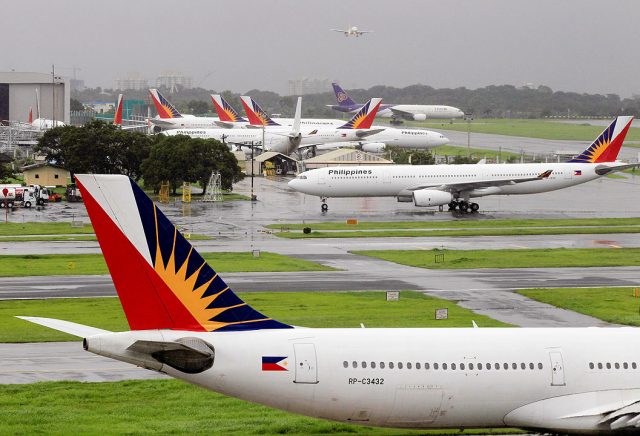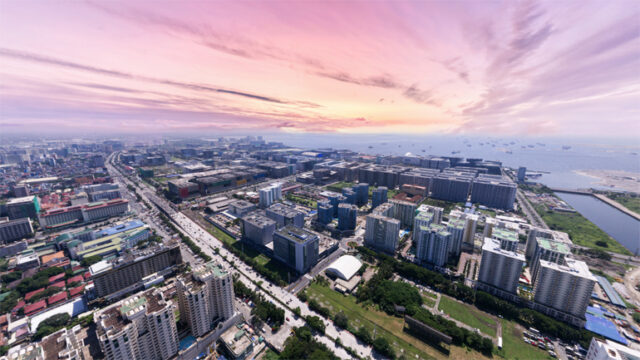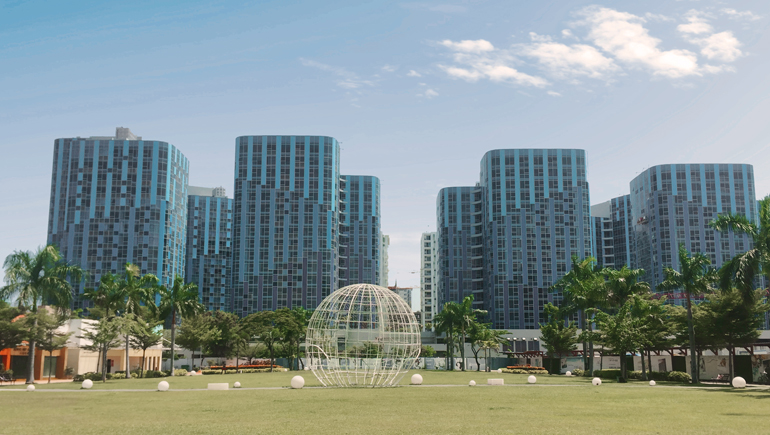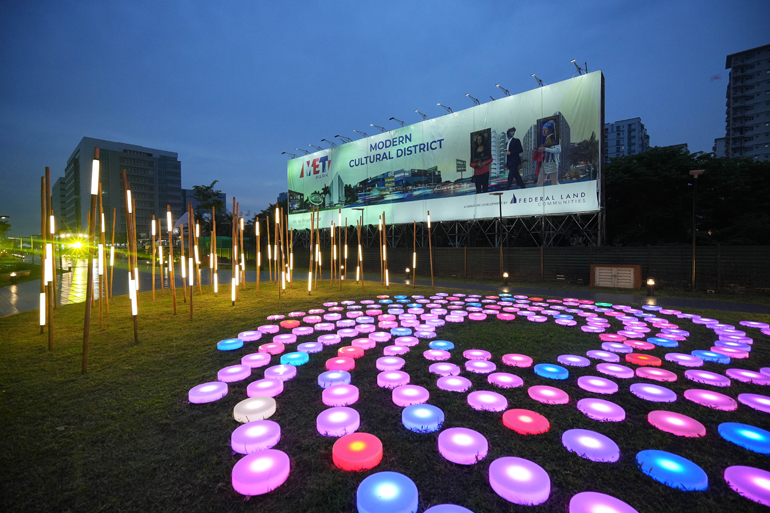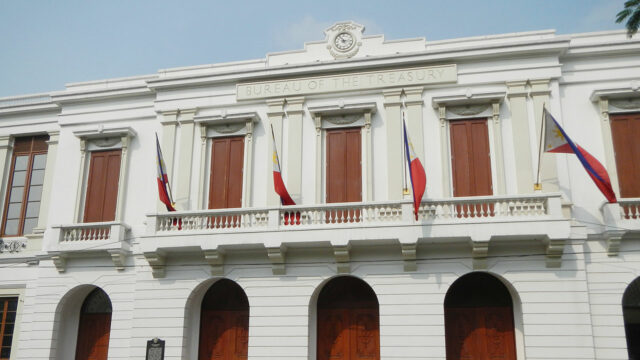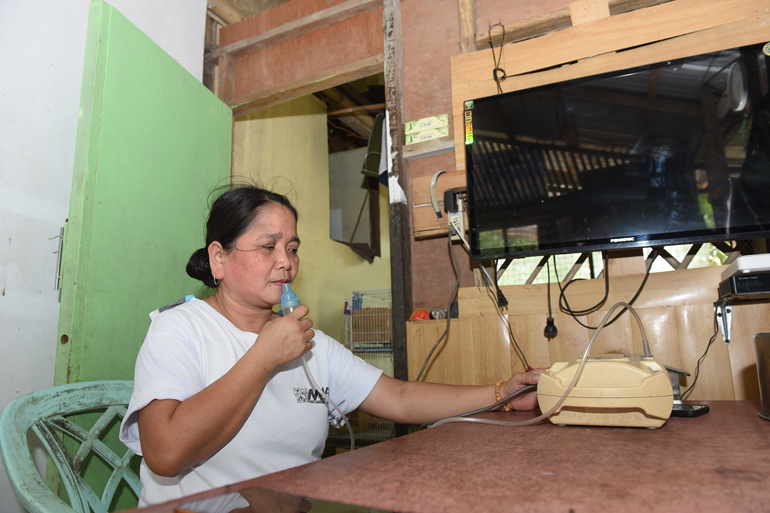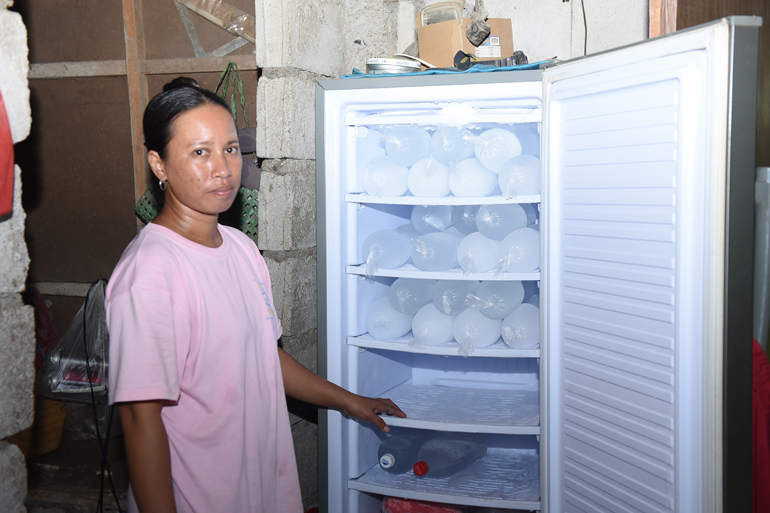House to start budget deliberations next week
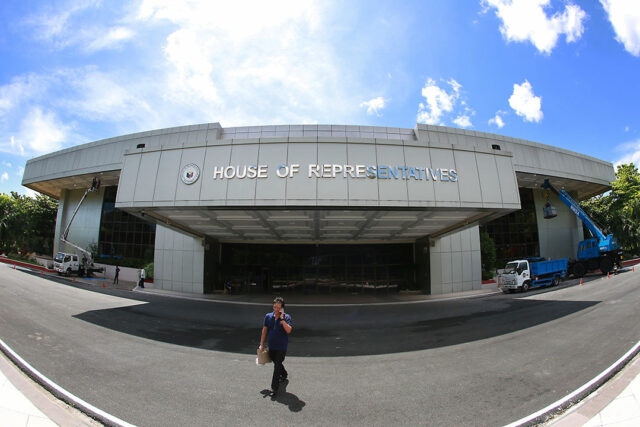
THE HOUSE of Representatives will start hearings on the proposed P6.352-trillion national budget for 2025 next week so it can meet its self-imposed September deadline for third reading approval, a lawmaker said on Tuesday.
The House seeks to send a copy of the approved budget bill to the Senate by October, Majority Leader and Zamboanga City Rep. Manuel Jose M. Dalipe told a news briefing.
Mr. Dalipe said the Development Budget Coordination Committee (DBCC) is scheduled to hold a briefing before the House Committee on Appropriations next week.
The DBCC is composed of Budget Secretary Amenah F. Pangandaman, Socioeconomic Planning Secretary Arsenio M. Balisacan, Finance Secretary Ralph G. Recto, and Special Assistant to the President for Investment and Economic Affairs Frederick D. Go.
“As much as possible we want to work on the deadline and transmit it before the October break,” Mr. Dalipe said. “Because we have to understand that our counterparts in the Senate have to also work on it.”
The Department of Budget and Management (DBM) on Monday submitted to the House its proposed national budget for 2025, which sought to increase allocations to education, infrastructure, and defense sectors.
The P6.352-trillion budget is equivalent to 22.1% of gross domestic product, and 10.1% higher than the P5.768-trillion budget this year.
Meanwhile, Senate President Francis Joseph G. Escudero said the DBCC will hold a briefing before the Senate on Aug. 13.
“We will strive to finish [the budget] before the year ends, including the Bicameral Conference Committee report for the President’s signature,” he told reporters at the Senate in Filipino.
Mr. Dalipe said the House is targeting to approve the budget bill by September, giving the Senate enough time for its own hearings.
“Come the October break, we are expecting our counterparts in the Senate to be ready to deliberate on it,” he said in mixed English and Filipino. “Hopefully, when we all go back in session, they can already discuss it in plenary.”
Arjan P. Aguirre, who teaches political science at the Ateneo de Manila University, said lawmakers are expected to make insertions in the budgets of agencies that “directly affect” the lives of Filipinos, such as Public Works, Education, Health and Agriculture departments.
“Additional funding is expected to be directed to these departments with the purpose of mobilizing governmental resources to support the political machinery of the ruling coalition,” he said in a Facebook Messenger chat.
Michael Henry Ll. Yusingco, a fellow at the Ateneo de Manila University Policy Center, said that the House should ensure that civil society has a chance to “intervene” in the budget deliberations.
“Their primary motivation must be the assurance that the budget passed actually leads to solutions and not to even more problems,” he said in a Facebook Messenger chat.
Even with the budget deliberations, Mr. Dalipe said the House will continue its committee hearings on “important” issues such as inquiries on alleged extrajudicial killings related to the previous administration’s anti-narcotics campaign and crimes linked to Philippine offshore gaming operators. — Kenneth Christiane L. Basilio

